The jade plant (Crassula ovata), with its lush green leaves and reputation as a symbol of prosperity, is more than just a decorative houseplant.
This succulent has been used in traditional medicine for centuries, especially in Chinese and African remedies. Beyond bringing good luck, it boasts health benefits ranging from air purification to natural skincare.
But what exactly makes this plant special? Let’s dive into the fascinating benefits of the jade plant and how you can use it in your daily life.
The Amazing Benefits of Jade Plant
1. Purifies Indoor Air
Indoor air pollution is a silent problem, but did you know that jade plants can help? These succulents absorb toxins like formaldehyde and carbon dioxide, making the air cleaner and healthier.
According to NASA’s Clean Air Study, houseplants like succulents contribute to better air quality by removing volatile organic compounds (VOCs).
Keeping a jade plant in your home can lead to fresher, cleaner air, reducing respiratory issues over time.
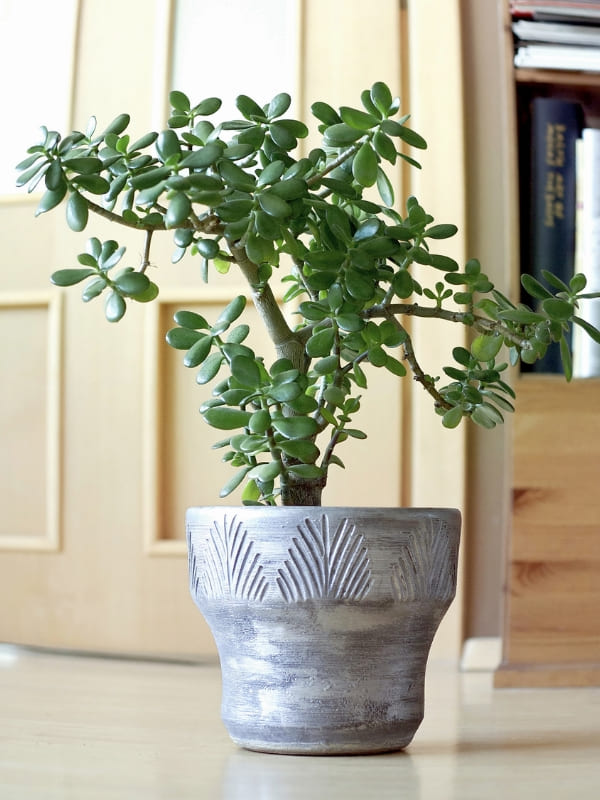
2. Natural Remedy for Skin Irritations
Jade plant leaves contain anti-inflammatory properties that can help soothe minor burns, cuts, and insect bites. Traditional Chinese medicine has used jade plant extract for centuries to treat skin problems.
Simply crushing a leaf and applying the gel-like sap to the affected area can promote healing and reduce redness, much like aloe vera.
3. Supports Wound Healing
The fleshy leaves of the jade plant hold moisture and antibacterial properties that can aid wound healing.
A study in the Journal of Medicinal Plants Research found that plant-based extracts, including those from succulents, contain antimicrobial compounds that help prevent infections.
Regular use of jade plant sap on minor wounds may speed up recovery.
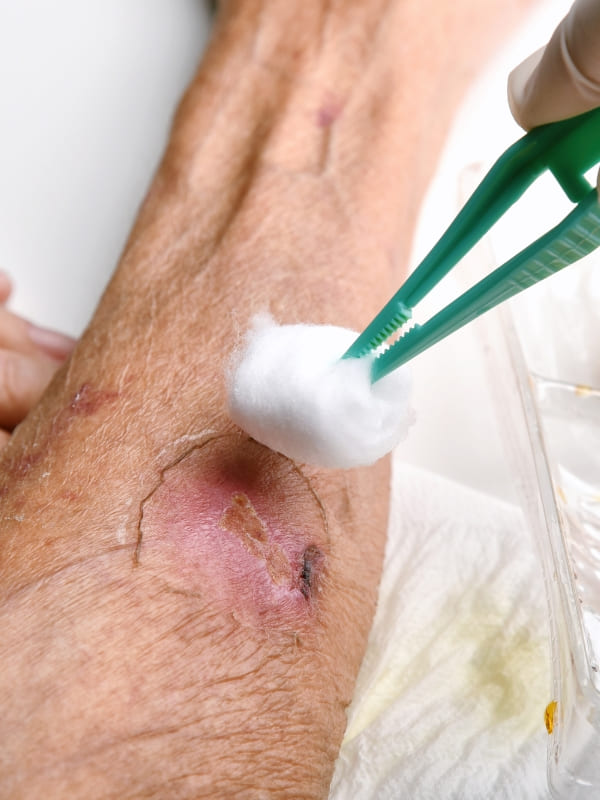
4. Helps with Stomach Disorders
In folk medicine, jade plant leaves have been used to relieve nausea and indigestion. Some traditional healers recommend chewing a small portion of the leaf to soothe stomach discomfort.
The plant contains bioactive compounds that may help in regulating digestion, though more research is needed to confirm its effectiveness.
5. Aids in Diabetes Management
Emerging studies suggest that jade plant extracts may help regulate blood sugar levels. Some herbal medicine practitioners use a tea made from jade leaves to support glucose metabolism.
While not a substitute for medical treatment, incorporating jade plant remedies alongside a balanced diet may provide additional support for those managing diabetes.

6. Enhances Sleep Quality
Like many succulents, jade plants release oxygen at night, which can contribute to better sleep quality. Keeping one in your bedroom may help improve air circulation and promote a more restful night’s sleep, especially in poorly ventilated spaces.
7. Stress Relief and Mental Well-Being
The presence of greenery in indoor spaces has been linked to reduced stress and improved mental health.
According to research published in Environmental Science & Technology, houseplants like jade can lower cortisol levels, the hormone responsible for stress.
Simply having a jade plant in your workspace or bedroom can promote relaxation and a positive mood.

How to Use Jade Plant at Home
1. Jade Plant Skincare Gel
First, take a fresh jade leaf and wash it thoroughly to remove any dirt or residue. Then, use a sharp knife to cut it open and reveal the gel-like sap inside.
Next, gently squeeze out the sap and apply it directly to burns, insect bites, or minor wounds. Allow it to sit for about 10–15 minutes so your skin can absorb its healing properties.
Once the time is up, rinse the area with lukewarm water. You can repeat this process as needed for soothing relief and faster healing.
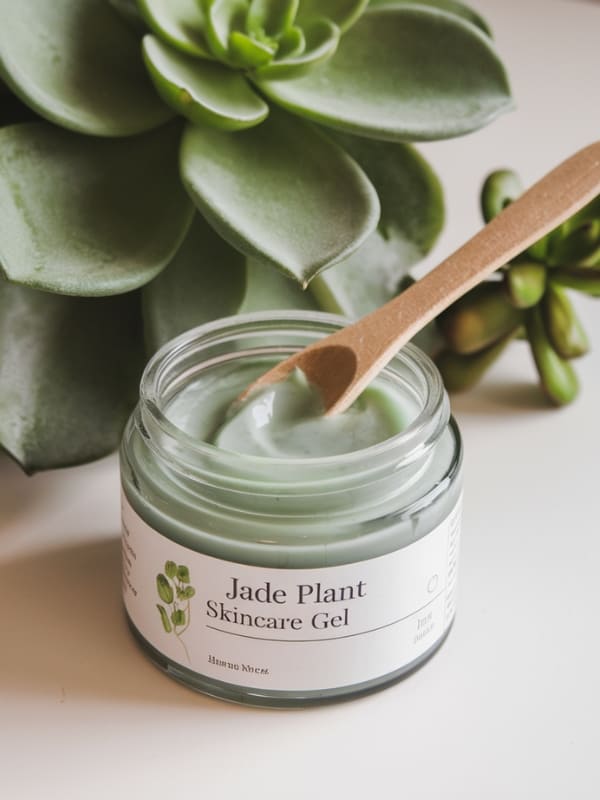
2. Jade Leaf Tea for Digestion
To prepare jade leaf tea, begin by selecting a few fresh jade leaves and washing them thoroughly under running water. Then, bring a cup of water to a boil and add the leaves to it.
Let the mixture steep for about 5–7 minutes, allowing the beneficial compounds to infuse into the water. Once done, strain the tea into a cup and sip it while warm.
Drinking this tea can help with indigestion and promote a healthy digestive system.
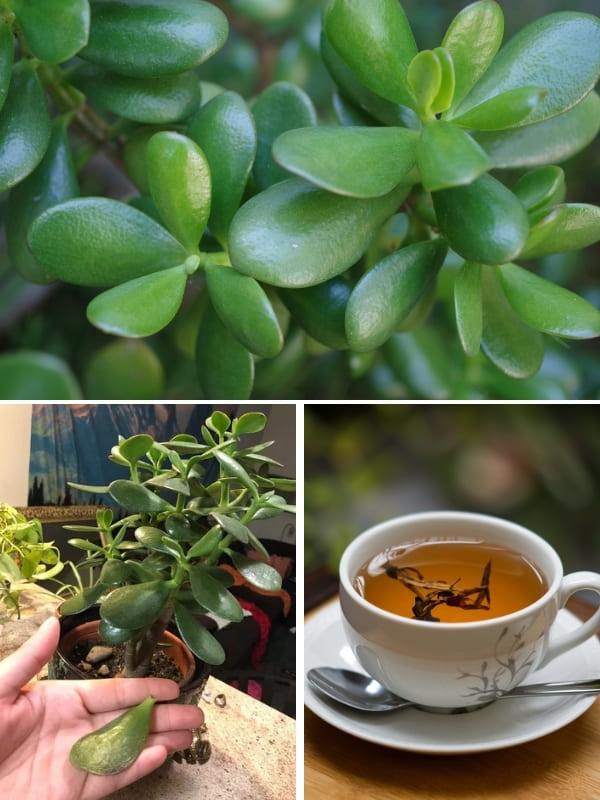
3. Jade Plant for Air Purification
To use the jade plant for air purification, start by placing it in a suitable spot in your home, such as the living room, office, or bedroom. Make sure it receives bright, indirect sunlight, as this helps the plant thrive.
Then, water it sparingly; succulents don’t need frequent watering, and too much moisture can harm the plant. Once it’s settled in, let it work its magic by naturally filtering toxins from the air, making your indoor space fresher and healthier.
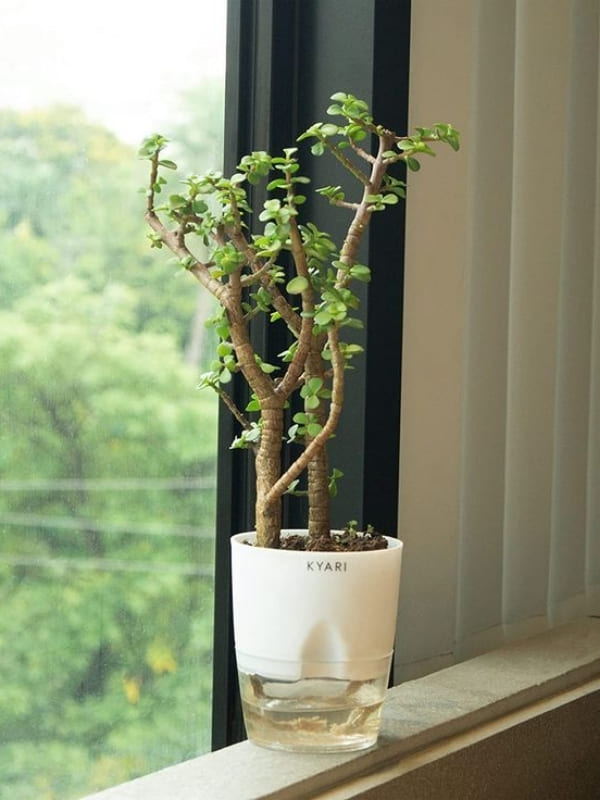
Cautions and Precautions
While jade plants offer numerous benefits, they should be used with caution. The sap can cause mild irritation in some people, especially those with sensitive skin. It’s always best to do a patch test before applying it widely.
Additionally, jade plants can be toxic if ingested in large amounts by pets, so keep them out of reach of dogs and cats. If you’re considering using jade plant extracts for medicinal purposes, consult a healthcare professional first.
Disclaimer
This article is for informational purposes only and does not substitute professional medical advice. Always consult a healthcare provider before using jade plant remedies, especially if you have existing health conditions.
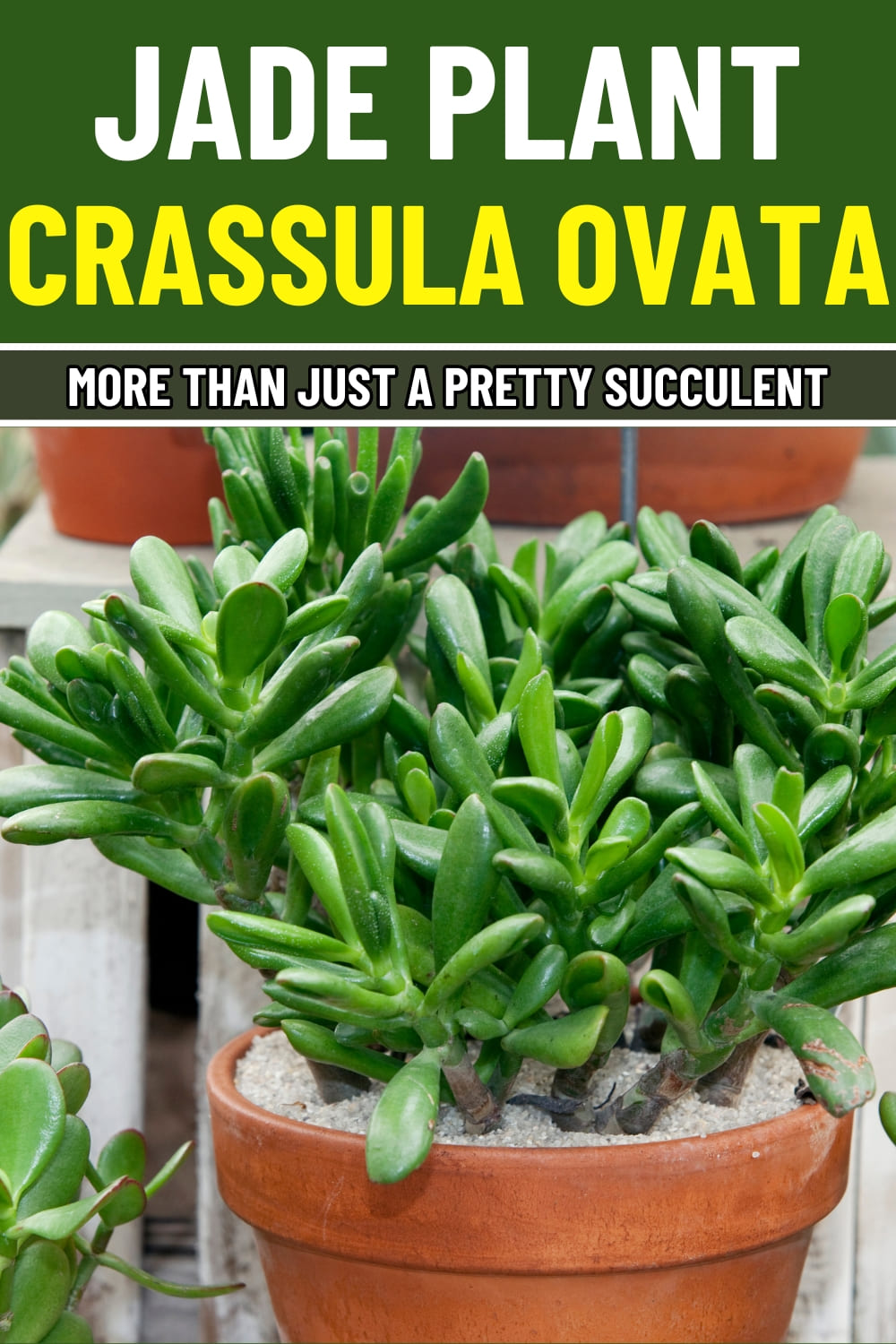
Jade Plant Magic: How This Green Gem Can Boost Your Health and Happiness
